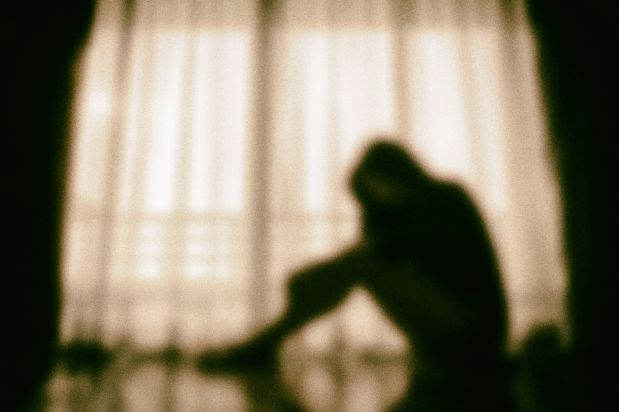· Nearly 5,000 contacts to the Helpline across UK about domestic abuse in 2016/17
· 85% were serious enough to be referred to police or social services
· NSPCC urges members of the public to pick up the phone if they have a concern
· 13% rise in cases referred to authorities in Wales over the last year
More than 300 referrals were made to police and social services after calls to the NSPCC helpline about domestic abuse in Wales over the last two years.
Reports to the NSPCC’s Helpline about domestic abuse across the UK have also increased by 77% over the last four years.
Last year the charity received its highest ever number of contacts from adults concerned about violent and abusive behaviour around children, reaching 4,749 – up more than three quarters from 2012/13.
Callers were seeking guidance from the NSPCC’s trained advisers after witnessing distressing things such as visible bruises, parents being hospitalised, children being exposed to rage and rough handling, and aggressive behaviour towards parents of young babies.
Some 85% of contacts were so serious that they were referred on to other agencies, such as the police or social services – a higher proportion than were being referred four years ago.
There were 324 referrals to police and social services from the NSPCC helpline in Wales over the last two years, with 152 in 2015/16 and 172 in 2016/17.
This represented a 13% rise in the last year.
In Wales the NSPCC is tackling domestic abuse via an early-intervention service in Swansea called Steps to Safety which helps families to reduce stress, manage emotions, and respond calmly to conflict.
And NSPCC Wales is also in collaboration with the Welsh Government’s Live Fear Free programme, which provides advice and information for those suffering with violence against women, domestic abuse and sexual violence, in a bid to support the implementation of the Violence against Women, Domestic Abuse and Sexual Violence (Wales) Act 2015.
Des Mannion, head of NSPCC Wales, said: “Domestic abuse can have a huge impact on a child’s physical and emotional wellbeing, and this sharp increase in reports shows that more people are speaking up on behalf of frightened children living in violent homes.
“We all have a part to play in tackling domestic abuse, and it’s important to pick up the phone if you’re concerned so that our advisers can offer guidance and get help where it’s needed.
“Stepping in early helps to change behaviours and avoid abuse escalating, and putting the child at the heart of interventions is paramount in keeping children safe and limiting long-term damage.
“It is vital that children and young people affected by domestic abuse have access to the right kind of support to overcome the trauma of witnessing and experiencing domestic abuse.”
NSPCC research[1] shows that one in five children across the UK have been exposed to domestic violence[2], with a third of those also experiencing another form of abuse[3], and it is a factor in over half of serious case reviews.[4]
One Helpline caller said: “The mother is always covered head to toe in bruises and I have seen both mother and the father screaming at each other in the street in front of the children.
“The father is very aggressive and controlling towards her and the children and I’m worried about what the two children might be experiencing in the home. I have previously seen the father handle the children very roughly and they both seem terrified of him.”
The NSPCC’s Helpline takes calls from adults who have concerns about a child, and last year 7% of all contacts were to do with domestic abuse. The Helpline is free and available 24 hours a day. To seek guidance or report a concern, call 0808 800 5000.
Children and young people who are worried about domestic abuse can call Childline on 0800 11 11.
Help keep news FREE for our readers
Supporting your local community newspaper/online news outlet is crucial now more than ever. If you believe in independent journalism, then consider making a valuable contribution by making a one-time or monthly donation. We operate in rural areas where providing unbiased news can be challenging. Read More About Supporting The West Wales Chronicle





















